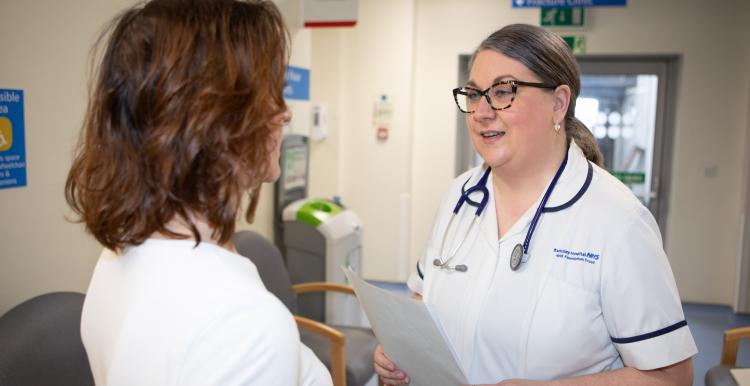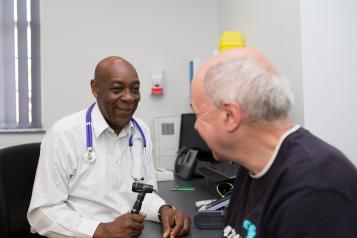What choices do you have at your GP practice?

You are entitled to certain choices when booking GP appointments. These have different levels of status. Some relate to rights patients are entitled to under legislation, while others are not legal rights but are recommended under guidelines or policy. Perhaps most prominently, the NHS Constitution includes the right to ask for a particular doctor.
The National Institute for Health and Care Excellence (NICE) clinical guideline on Patient experience in adult NHS services, which applies to GP and other NHS consultations, says that services should "adopt an individualised approach to healthcare services.”
This means services should consider “people’s ability to access services, personal preferences and coexisting conditions". Whilst NICE guidelines are not legal rights, in practice, they are seen as advice that medical professionals should follow.
The NHS GP contract also includes choices that you should be offered.
What choices do you currently have?
We have listed the choices you currently have when you use GP services.
1. Method of booking a GP appointment
You can choose how you want to book your appointment with a GP, be it over the phone, online (including via the NHS App) or face-to-face. This right is in the GP contract.
2. Named healthcare professional
NHS constitution (from NHS Act 2006): "You have the right to express a preference for using a particular doctor preference for using a particular doctor within your GP practice, and for the practice to try to comply."
This means that however you book your appointment, you can ask for a particular doctor. This request may not always be granted, but the constitution says the practice should "try to comply".
3. Male or female professional
As the NHS constitution includes the right to ask for a named professional, you can ask for a male or female professional. This type of request is likely to be granted, although there may be a delay.
Practices' ability to meet this request will depend on their workforce make-up and also whether the surgery believes your symptoms are so urgent you should see any available doctor.
4. Type of professional
Under the NHS constitution, you can ask for a certain GP but not necessarily another type of professional or to see a GP instead of another professional.
5. Longer appointment
Under the Equality Act, you have the right to ask for a longer appointment if it's a reasonable adjustment required to meet the needs of a disabled person'.
However, it's up to GP surgeries to decide how to implement reasonable adjustments. You may only be able to get it on the telephone or in person.
6. Companion at appointments
You can bring a family member, friend or advocate along to a GP appointment. This best practice recommendation is in the NICE Patient Experience guideline. You shouldn’t need to ask for permission to do this.
Under many local guidelines, people can also request another NHS member comes into an appointment as a chaperone, such as asking a female member of staff come in if a male GP undertakes an intimate examination of a female patient.
7. Accessibility adjustment
Under the Accessible Information Standard and the Equality Act, you can ask for communication support, such as a British Sign Language interpreter. You also have the right to receive healthcare in an accessible format, such as electronic, Braille, easy read, large print, and others.
A new NHS system called the Reasonable Adjustment Digital Flag allows health professionals to record your needs once and for them to be shared across the NHS. This should mean that if you tell a member of practice staff what your requirements are, this should be recorded and used in future in all appointments.
What you may not be able to choose
Type of appointment
The GP contract says that practices should offer appointments taking into account "where appropriate, the preferences of the patient". This means you can request whether you would prefer a face-to-face or remote appointment, though the final decision rests with the GP team based on what they consider appropriate for your needs.
Read our recommendations to help people get the choices they want.
The “choice gap”: do patients get the choices they want from GP care?
Our new research shows how important choice is to people when it comes to their care, and makes recommendations to help ensure they get those choices.
What choices do patients want when they book GP appointments? And are they getting those choices?

